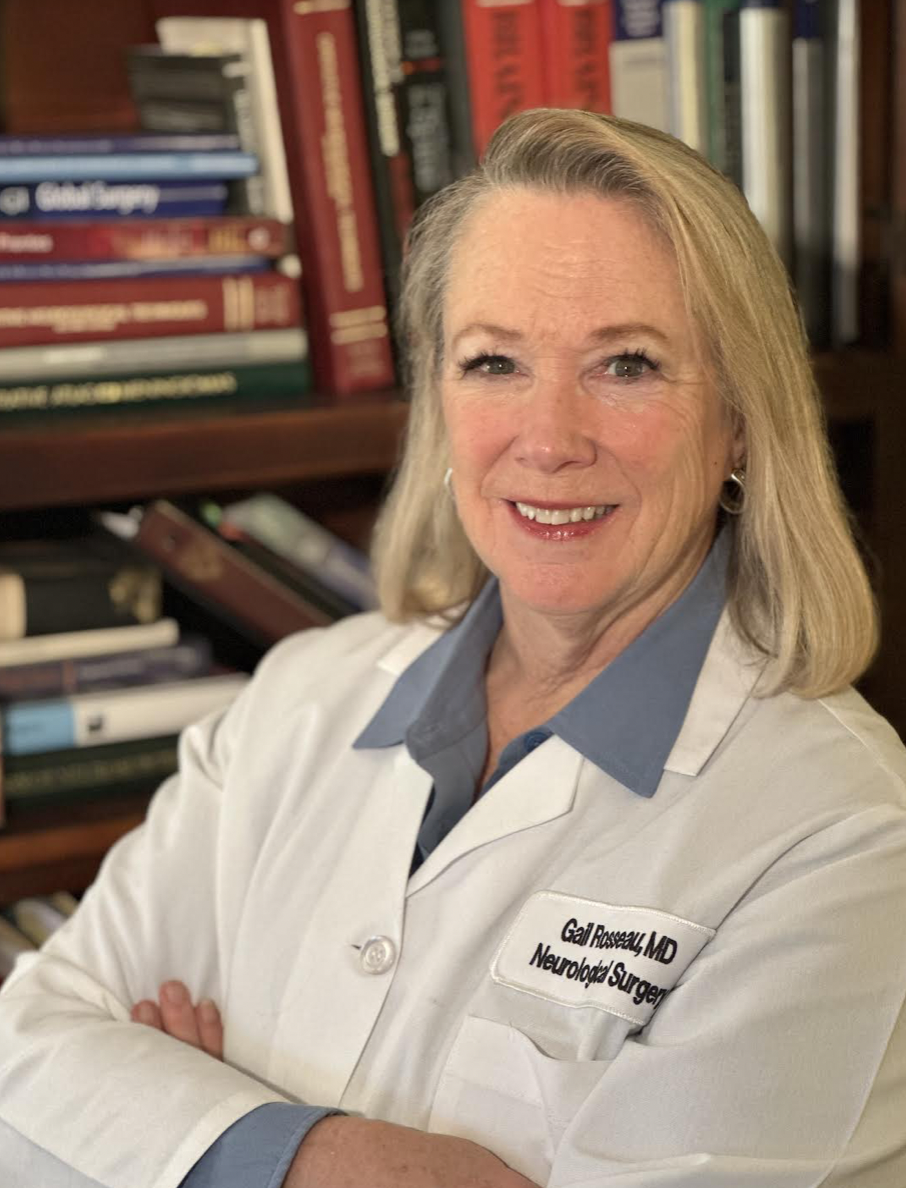
2025: Action and Advocacy Toward Health Equity in the Year Ahead
By Gail Rosseau, MD, Adjunct Professor of Global Neurosurgery at Barrow, Clinical Professor of Neurosurgery at George Washington University, Chair of the Board of Directors of the G4 Alliance
The Global Burden of Neurologic Disease
Neurologic disease is the leading cause of morbidity and mortality worldwide, affecting an estimated 3.4 billion people—over 43% of the global population—and accounts for 443 million disability-adjusted life years. With such staggering figures, it is fitting that 2025 will witness significant initiatives to address these conditions. Health care professionals, industry representatives, policymakers, and other stakeholders will play crucial roles in advancing global health equity.
Brain Health Diplomacy
The term “brain health diplomacy,” coined in 2020, highlights the collaborative efforts to position brain health as a global public health priority. One such effort led to the May 2022 release of the WHO Intersectoral Global Action Plan on epilepsy and other neurologic disorders. In 2025, brain health diplomacy will take center stage on a global scale.
The Boston Declaration
In spring 2025, the global neurosurgical community will convene as “brain health diplomats” for the Boston Declaration. This initiative, spearheaded by neurosurgeons, unites stakeholders worldwide who are dedicated to brain health. The challenge is substantial: over two-thirds of the world’s population lack access to quality neurosurgical care. Addressing this requires identifying needs for training, equipment, and more responsive health care systems—a task that calls for collective action.
A series of virtual “town hall” meetings, scheduled from January through April 2025, will engage stakeholders to identify current gaps and propose actionable solutions. These efforts will culminate in a historic gathering on April 23–24, 2025, at the Edward M. Kennedy Institute for the Study of the United States Senate in Boston. At this event, neurosurgical associations, neuro departments and practices, industry partners, patient and patient advocacy groups, and related disciplines will pledge resources to address these needs. The impact of these commitments will be assessed at 1-, 3-, and 5-year intervals during future meetings of the Global Neurosurgery Forum.
Celebrating the Global Surgery Movement
The year 2025 also marks the 10th anniversary of the Global Surgery movement and the G4 Alliance. In May 2025, during the World Health Assembly in Geneva, a decade of progress will be celebrated, highlighting the global expansion of surgical training and services achieved through collaboration between health officials, providers, professional associations, and non-governmental organizations from around the globe. A coalition tasked to tackle the global scourge of traumatic brain injury will also be active at this event and present its efforts. Looking forward, a roadmap for future advancements in surgical care equity will be charted to advance health equity in surgical care, particularly in emergency, critical and operative care, for everyone, everywhere.
The Role of UNGA in Global Health Equity
The United Nations General Assembly (UNGA) will convene in September 2025, bringing together heads of state and policymakers to allocate resources within the framework of existing infrastructure. This will aid in determining high-level disbursement of resources, including funds, equipment, and training opportunities. This event presents an opportunity for brain health diplomats to significantly influence global priorities. The annual global burden of neurosurgical conditions requiring surgical intervention is 13.8 million cases, per 2018 estimates. Of these cases, 80% occur in low and middle-income countries. At last year’s UNGA, a Science Summit featured three “Brain Days,” drawing stakeholders from diverse fields to discuss brain health in global health and economic agendas. Attendees included experts in neuroscience, neurology, psychiatry, mental health, climate science, architecture, design, and education, representatives from the pharmaceutic and finance sectors, and a wide range of government officials. Neurosurgeons will continue to play a vital role in this year’s discussions.
Technology as a Catalyst for Equity
Finally, the rapid evolution of technology offers transformative opportunities for health equity. The widespread global deployment and availability of more sophisticated technology, communication, and video platforms enable real-time surgical training and coaching. Meanwhile, artificial intelligence (AI) facilitates improved surgical planning, safer training, and efficient performance reviews, fostering continuous improvement in processes and delivery of care.
“The year 2025 will be an exciting and productive year for the advancement of global health equity. Building on past achievements and fueled by a shared vision of addressing critical disparities in health care access, this year promises to be a catalyst for impactful progress.”
-Gail Rosseau, MD
Plans for a Year of Progress
The year 2025 will be an exciting and productive year for the advancement of global health equity. Building on past achievements and fueled by a shared vision of addressing critical disparities in health care access, this year promises to be a catalyst for impactful progress.
Global health organizations, governments, and private sector stakeholders are collaborating to implement sustainable programs, foster education and training, and expand access to essential medical services. With a renewed focus, efforts will be channeled toward addressing systemic barriers, enhancing health care infrastructure, and leveraging technology to improve patient outcomes. By prioritizing the needs of the most vulnerable, this year will be pivotal in advancing the collective goal of ensuring every individual, regardless of their location or socioeconomic status, has access to high-quality medical care.

